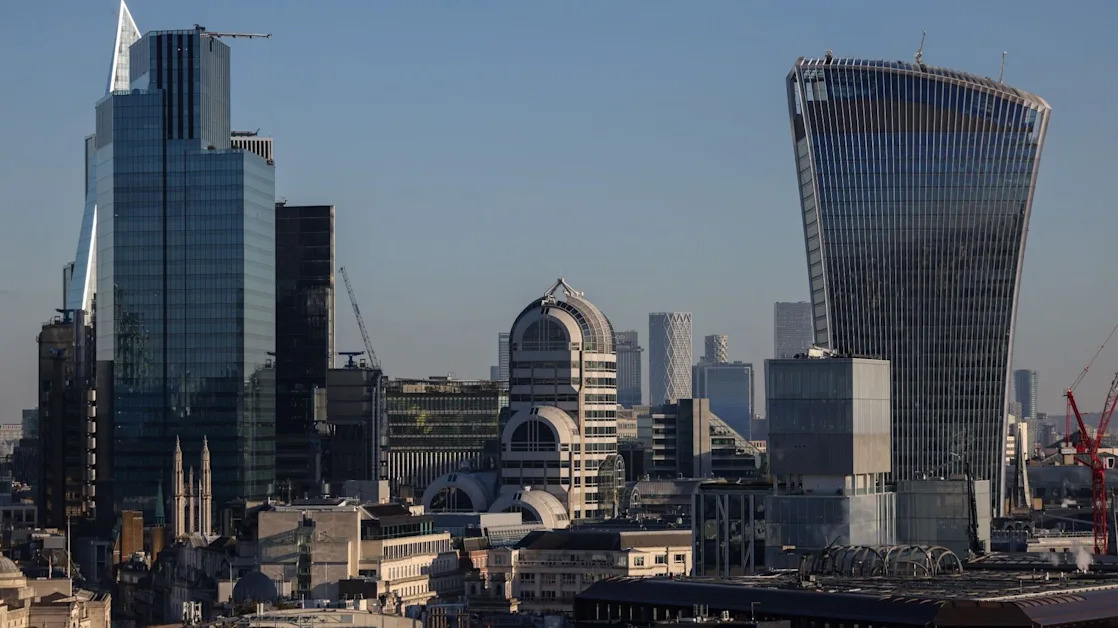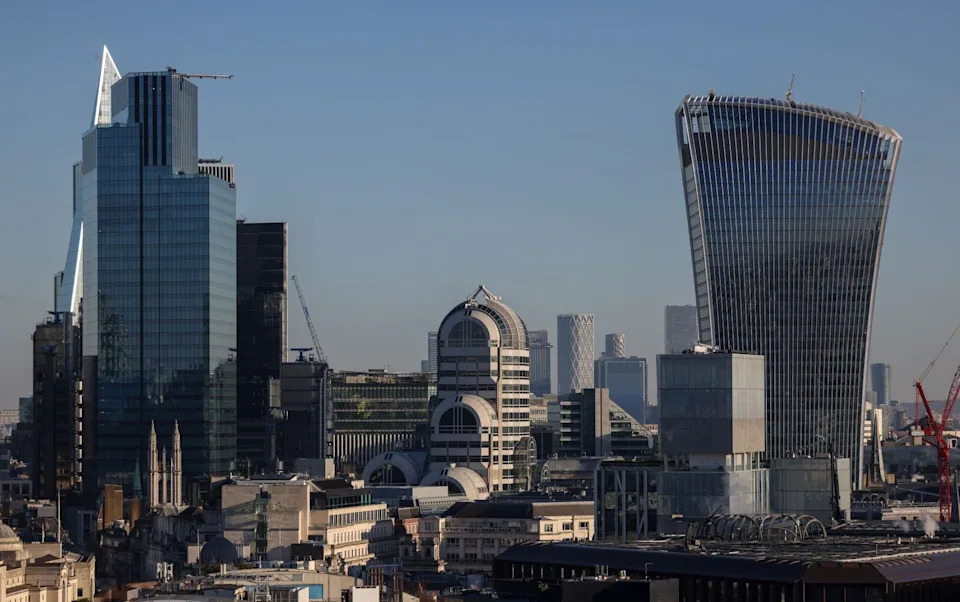
Don’t be fooled into buying the cheapest stocks in a downturn

Questor is The Telegraph’s stock-picking column, helping you decode the markets and offering insights on where to invest.
Stock market investors are bound to feel a degree of trepidation following recent economic events . After all, the near-term outlook for inflation, interest rates and GDP growth has been turned on its head by the prospect of extreme US tariffs. Indeed, the potential for further heightened uncertainty may be sufficient to convince some equity investors to seek shelter in other mainstream assets.
In Questor’s view, however, exiting the stock market now would be a wholly illogical move. Certainly, further elevated volatility is highly likely in the short run – but so, too, is capital growth in the long run.
In fact, the stock market has recovered from every bear market , crash and correction it has previously experienced. Even a pandemic and a global financial crisis were unable to kill off equity markets, with the FTSE 100 having produced annualised total returns of around 8pc since its inception in 1984.
Therefore, investors with a long time horizon should hold onto their stocks, and if they have cash available, they should feel comfortable buying shares today due to the generous discounts on offer .
Indeed, it is currently possible to purchase high-quality companies at significant markdowns to their previous prices and, in some cases, their intrinsic values. While they may produce paper losses in the short run, history suggests that fundamentally sound firms are extremely likely to deliver relatively strong returns in the coming years.
For example, shares in gasket and seal supplier Diploma have slumped by 17pc in the past two months. Although the FTSE 100-listed firm’s earnings outlook has become increasingly uncertain given its status as a cyclical business – which could be negatively affected by the impact of US trade barriers – the company is fundamentally sound and well placed to overcome prospective operating challenges.
Its net gearing ratio, for example, is a relatively modest 56pc. With net finance costs covered roughly 11 times by operating profits in its latest financial year, the company’s capacity to service existing debt is unlikely to come under significant pressure should its trading environment deteriorate. In fact, it could use a solid balance sheet to its advantage by making further acquisitions that strengthen its market position, having purchased over 40 businesses in the past five years.
They have contributed to a 16pc annualised rise in profits since 2009. Given that the economy’s undulations have been quite severe at times during that period, this evidences the firm’s strong market position. With a return on equity of 22pc last year, as well as an operating profit margin which rose by 120 basis points to 20.9pc, the company appears to have a competitive advantage that should boost its relative performance during both economic booms and busts.